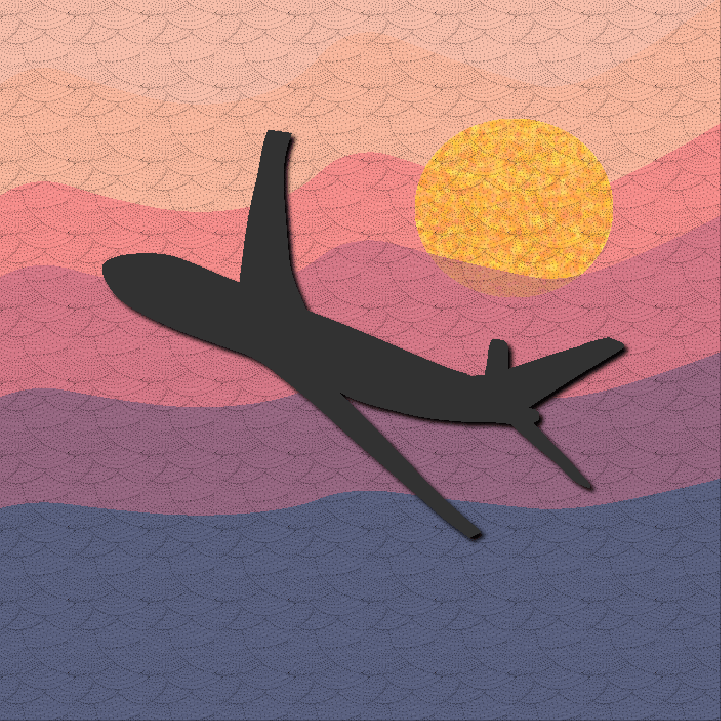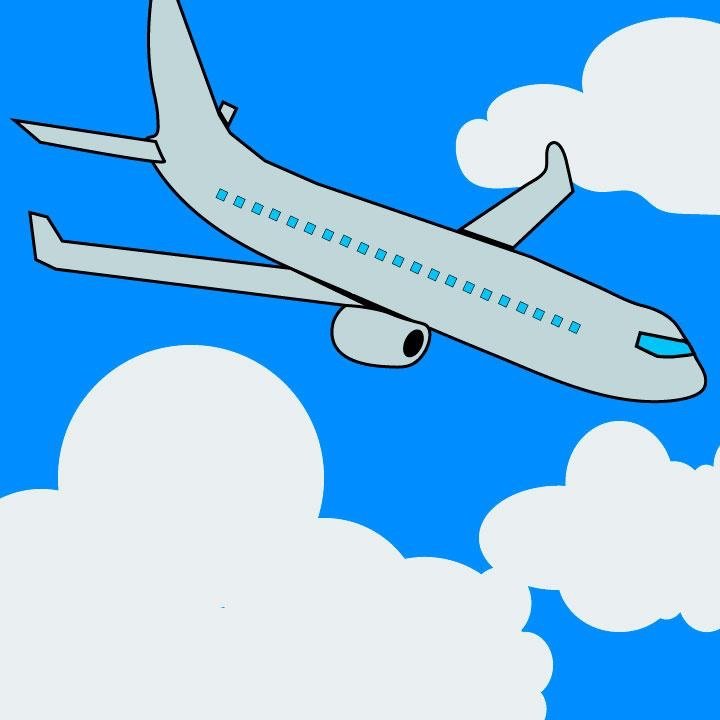By: Andrew Shibuya As the world has remained in their homes this past year and a half, traveling abroad seems to be the light at the end of a very long tunnel for many. While globetrotters stayed home bound and planned their trips for the second restrictions lifted, the travel industry underwent a rapid and […]








